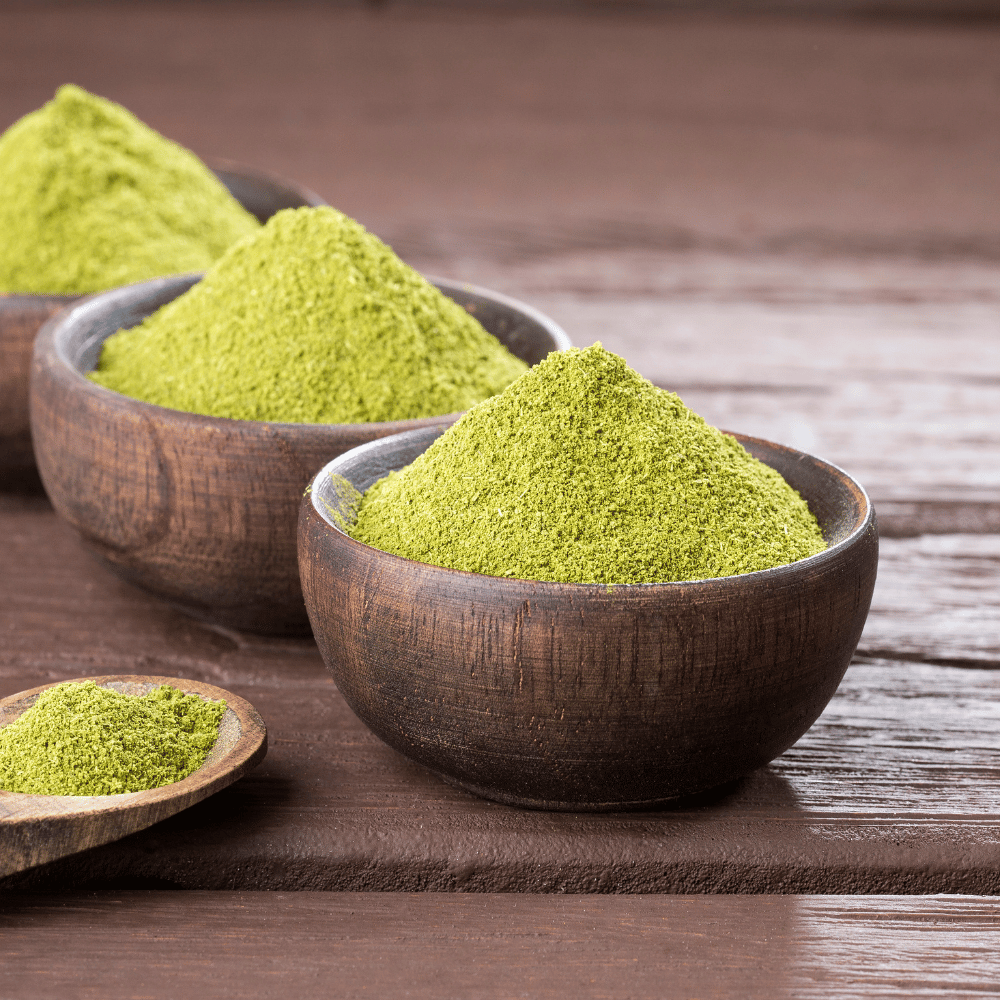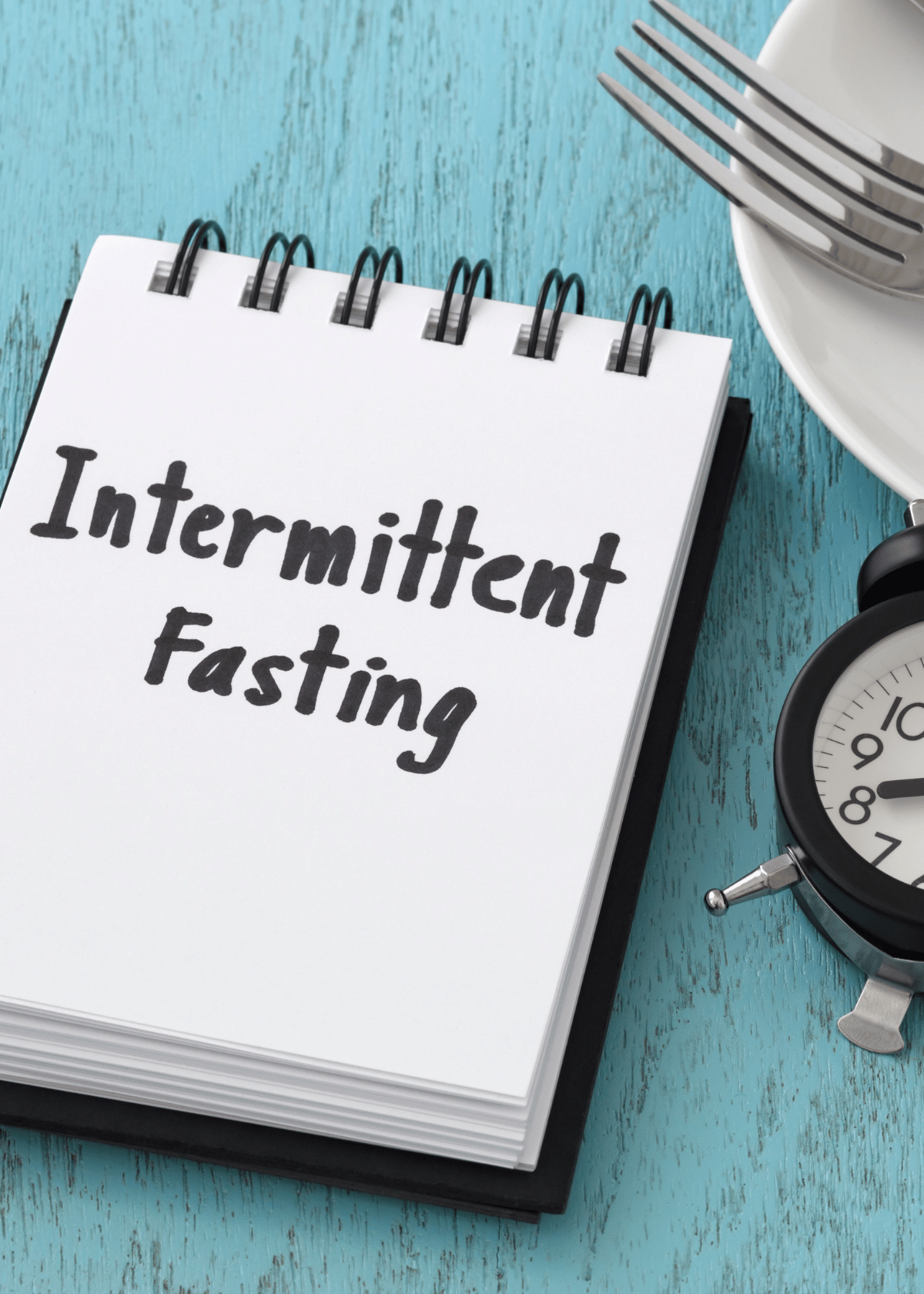Intermittent fasting is becoming an increasingly popular way to stay in shape and maintain good health. But does a natural sweetener like stevia break a fast and interrupt the benefits of intermittent fasting? Let’s find out.
What is Stevia?
Stevia is a zero-calorie, plant-derived sweetener that is often used as an alternative to sugar. It comes from the leaves of the stevia plant, which grows natively in South America. The chemical compounds found in stevia are 30 times sweeter than sucrose and sugar alcohols, meaning you don’t need to use much to get a nice sweet flavor. It also has some potential health benefits, including lowering blood glucose levels and reducing insulin response when consumed with meals.
Stevia Compared to Other Natural and Artificial Sweeteners
Stevia is a completely natural sweetener, derived from the stevia plant. It has been used for centuries by many cultures to sweeten food and drinks, known for having a pleasant taste without any added calories or carbs like refined white sugar. Compared to other natural and artificial sweeteners such as honey, maple syrup, agave nectar, saccharin (Sweet’N Low), aspartame (Equal), or sucralose (Splenda), Stevia stands out due to its calorie-free sweetness profile and health benefits.
Studies have shown that high amounts of regular sugar intake can lead to high blood pressure, obesity, and diabetes in some individuals. In comparison, stevia's zero-calorie sweetness makes it an attractive alternative that doesn't pose any potential risks related to ingesting excessive amounts of refined sugars on a daily basis.
In addition to stevia's zero-calorie content compared with other natural and artificial sweeteners that contain calories – for example, honey has about 64 calories per teaspoon – it also contains beneficial antioxidants which help reduce inflammation in the body when taken regularly. Moreover, research has demonstrated that regular consumption of foods containing steviol glycosides (extracted from the leaves of the stevia plant) may significantly lower blood glucose levels in those who suffer from type 2 diabetes.



How Does Intermittent Fasting Work?
Intermittent fasting is an increasingly popular dietary pattern that has been gaining attention for its potential to promote health and well-being. It involves alternating periods of eating and fasting, usually over a certain period. Intermittent fasting can be used to create an energy deficit which can lead to various health benefits such as weight loss, improved metabolic function, better blood sugar control, and improved cardiovascular health.
Here are some key benefits of intermittent fasting:
- Weight Loss: Intermittent fasting has been shown to reduce body fat, especially belly fat which is closely linked with obesity-related diseases such as type 2 diabetes and heart disease. In addition, it helps decrease hunger hormones making it easier for people to stick to their caloric goals during the eating window.
- Improved Metabolic Function: Numerous studies have found that intermittent fasting improves insulin sensitivity which was important in helping the body use sugars in our diet more efficiently rather than storing them in our cells as fat. The result of this improved metabolism is the reduced risk of chronic diseases such as type 2 diabetes or even cancer by reducing inflammation throughout the body.
- Improved Blood Sugar Control: As mentioned above, intermittent fasting can help improve insulin sensitivity which helps regulate blood sugar levels throughout the day so you don’t experience any spikes or drops in your glucose readings while also promoting overall healthy blood sugar control.
- Improved Cardiovascular Health: Studies have shown that regular practice of intermittent fasting improves overall cardiovascular health by lowering cholesterol levels and decreasing inflammation markers in our bloodstreams associated with increased risk for stroke or other cardiac complications like heart attacks or atherosclerosis (narrowing arteries).
Overall, intermittent fasting is a great tool for individuals looking to improve their overall well-being through smart eating habits without depriving themselves from all types of food cravings they may develop during meals! While it may seem restrictive at first glance, over time those who practice it find out just how flexible this lifestyle really is whether you are looking just cut back on calorie intake while still enjoying some good eats!
How Does Stevia Impact Fasting?
The short answer is that it depends on how you consume it. If you are using stevia to sweeten your coffee or tea during your fast, then it should not break your fast because the amount of calories or carbohydrates in liquid stevia extract or powder is negligible. However, if you are eating solid food with stevia (such as baking with it), then it will likely break your fast because of how much you need to consume for it to have any effect on your food’s sweetness level.
Let's take a look at an example of a morning cup of coffee or tea. If you are using a liquid stevia extract or powder, then one drop is all it takes to sweeten an 8-ounce cup of beverage and this should not break your fast as long as you don’t add any other ingredients like sugar, cream, or milk.
Health Benefits of Stevia
In addition to being zero calories and helping keep blood sugar levels stable, there are other potential health benefits associated with consuming stevia. Studies suggest that consuming stevia may help reduce risk factors for diabetes, heart disease, and obesity due to its impact on insulin levels and triglycerides. Furthermore, since stevia does not affect tooth decay or dental plaque like traditional sugars do, it can be a great option for those with a sweet tooth who want to avoid the risks associated with added sugars but still enjoy something sweet.



Potential Drawbacks of Consuming Stevia
While it does have its advantages, such as being calorie-free, there are also potential drawbacks associated with consuming stevia.
- Some people may experience adverse reactions when they consume stevia, including nausea or light-headedness. People who suffer from allergies or sensitivities should be cautious when trying out this product.
- Stevia can produce a bitter aftertaste in some cases due to certain compounds found in its sweetness called glycosides which give off an unpleasant flavor when consumed in large amounts, though this isn’t usually noticeable in smaller doses.
- While it is generally safe for consumption, pregnant women and those with pre-existing conditions should consult their doctor before using stevia as a sugar replacement due to unknown effects that could potentially occur during pregnancy or health concerns related to medications they may be taking at the time of use.
- Stevia does not dissolve easily when added directly into liquids without prior preparation since the granules must be first broken down into small particles before becoming soluble in water or juice—this could cause problems if you plan on adding it directly into your drinks without proper prep time beforehand.
Bottom Line - Does Stevia Break a Fast?
Overall, while natural sweeteners like stevia won't necessarily break your fast if consumed correctly during intermittent fasting periods, they can still provide potential health benefits and make fasting more bearable by allowing you to satisfy cravings without having any negative effects on blood glucose levels or insulin response. So why not give it a try? Whether you're looking for something healthy to put into your coffee or just want something tasty for dessert without all the extra calories from traditional sugars - try out some liquid stevia extract or powdered form instead.
Related Pages:







